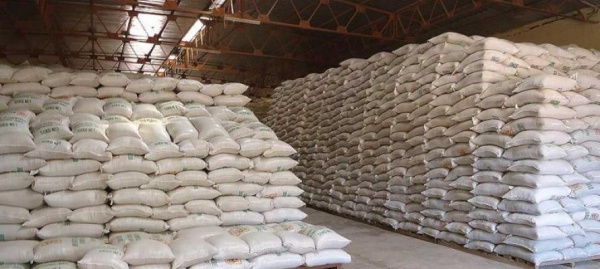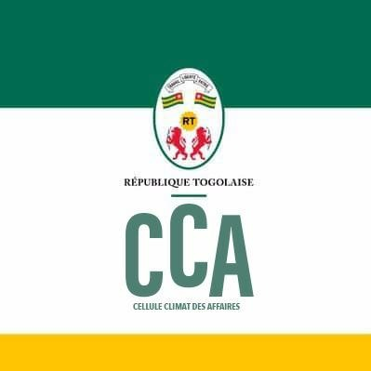Togo built up almost all of its fertilizer stock before the onset of the agricultural campaigns, despite the covid-19

(Togo First) - By mid-May, Benin, Togo, Guinea, and Mauritania managed to build up their entire fertilizer stocks, despite the drastic measures -border closures notably- aimed at curbing the spread of the coronavirus pandemic. Because of these measures, for several weeks, there was an atmosphere of uncertainty as to whether the agricultural campaign would start or not.
On the eve of the new season, the West African Fertilizer Association (WAFA), in the fertilizer watch it published on May 15, indicated that nearly half of the countries it monitors - eight out of 17 countries, including Chad and Mauritania - already have over 80 percent of their annual needs in stock.
According to the report, neither the speed of the pandemic's spread nor the related economic and financial impacts have affected the fertilizer sector.
"While the agricultural season had not yet started except on the coast, deliveries have continued more-or-less normally to the ports, blending plants, and warehouses before direct distribution to farmers and sales through agro-dealers networks," the association notes.
"More than 80% of the estimated demand for the entire sub-region (about 3.45 million tons) is already available for the 2020 season,” it adds.
In most countries, imports were even made earlier than in 2019 or on average over the period 2016-2019. For example, the six largest markets in West Africa (Burkina Faso, Côte d'Ivoire, Ghana, Mali, Nigeria, and Senegal) - accounting for 87% of the regional market for around 3 million tons - imported around 1.1 million tons almost a month ahead of the usual schedule.
According to data compiled by AfricaFertilizer.org, over the 2016-2019 period, Togo used an average of 61,000 tons of fertilizer per year. However, it remains one of the countries with the lowest fertilizer subsidies. While Ghana and Senegal subsidize 80% of their market, Togo, Benin, Côte d'Ivoire, and even Burkina Faso still subsidize less than 30% of their markets.
"Countries with strong fertilizer subsidies already in place are continuing to implement their respective programs while those with no subsidies or smaller programs are announcing new subsidies (Côte d'Ivoire, Togo, and Nigeria),” the WAFA indicates.
Fiacre E. Kakpo


















